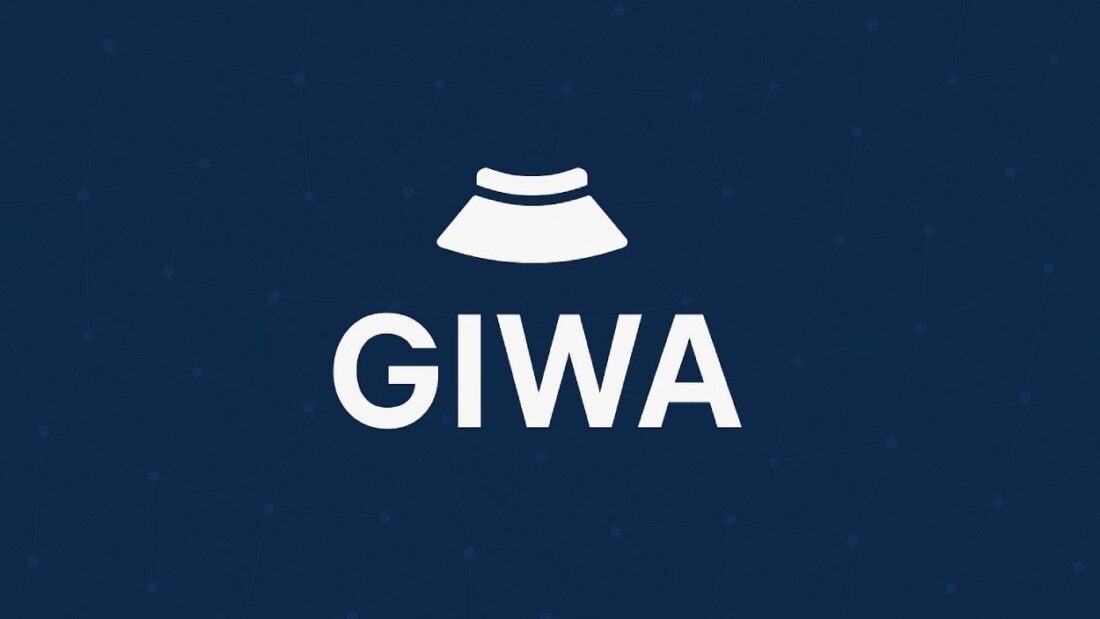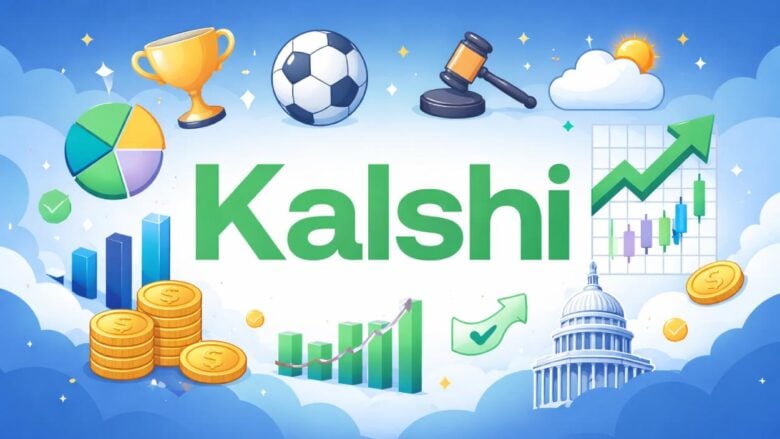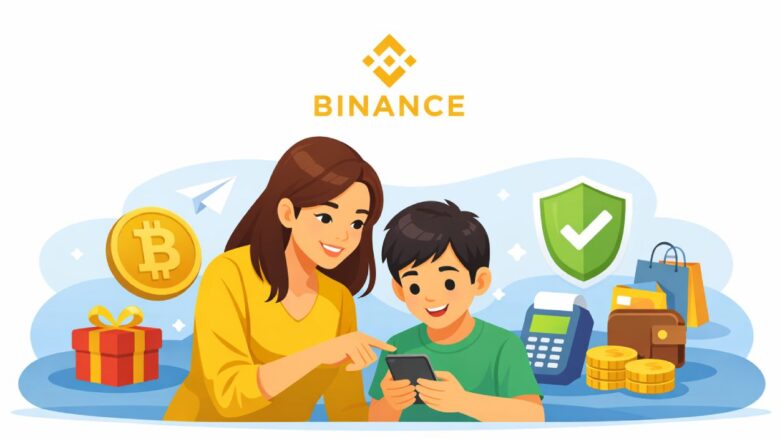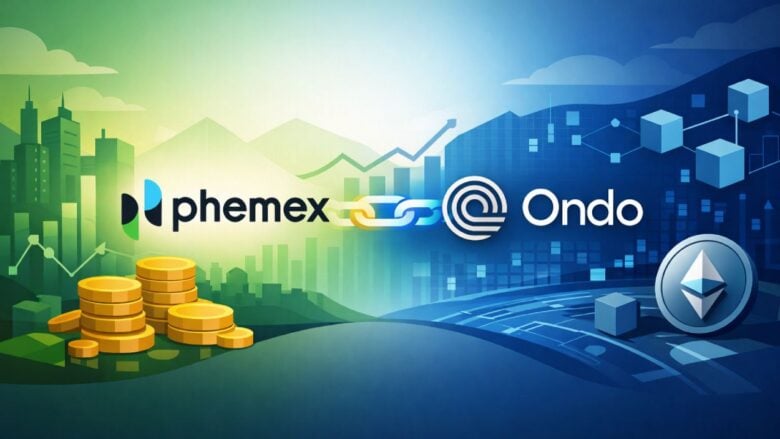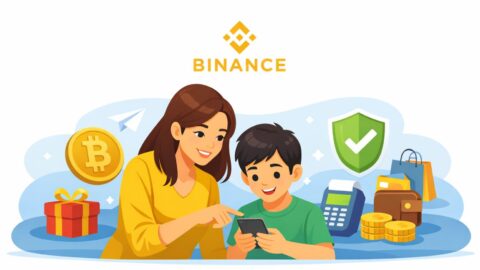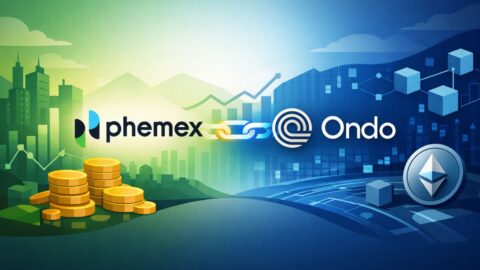Upbit’s parent company, Dunamu, has launched GIWA, a new Ethereum Layer 2 blockchain platform aiming to bring Korean innovation to the global Web3 ecosystem.
Key Takeaways
- GIWA is a Layer 2 blockchain built with Optimism’s OP Stack, offering one-second block times and Ethereum-grade security.
- The platform includes GIWA Chain and GIWA Wallet, designed for cross-chain compatibility with Ethereum, Base, Arbitrum, and more.
- Dunamu is targeting global Web3 developers through its Southeast Asian subsidiaries, shifting beyond Korea’s regulatory constraints.
- The move positions GIWA alongside blockchain efforts from other exchanges like Coinbase’s Base and Binance’s BNB Chain.
What Happened?
Dunamu, the operator behind South Korea’s largest crypto exchange Upbit, officially launched GIWA during the Upbit D Conference 2025 in Seoul. The project introduces a new Web3 infrastructure platform built on Ethereum Layer 2 technology. Contrary to earlier expectations of a regionally limited chain, GIWA positions itself as a global development platform.
UPBIT, the Crypto Exchange of Korea, has announced the launch of Layer 2.
— ∑: Baeko백호🍓 (@baeko_02) September 8, 2025
Upbit Layer 2 is based on Ethereum and named GIWA.
The three exchanges, Binance, Coinbase, and Upbit, are expected to compete for the cryptocurrency ecosystem.
I think various ecosystems such as Defi,… pic.twitter.com/iJYMUSAlPS
Dunamu Steps into Blockchain Infrastructure
Dunamu has moved beyond exchange services by launching GIWA, which stands for Global Infrastructure for Web3 Access. The initiative features two major components:
- GIWA Chain, an Ethereum Layer 2 blockchain based on Optimism’s OP Stack
- GIWA Wallet, a mobile wallet supporting asset transfers across Ethereum, Base, Arbitrum, Avalanche, Polygon, and the GIWA Chain
GIWA Chain utilizes Optimistic Rollup technology, enabling one-second block times and secure, high-speed transactions. It inherits Ethereum’s security, making it both scalable and robust.
The blockchain is currently live in testnet form under the name GIWA Sepolia, with developer tools already integrated for Ethereum Virtual Machine compatibility. Over 4 million blocks have already been generated, suggesting quiet development behind the scenes for several weeks.
A Global Vision Rooted in Korean Tradition
GIWA’s branding draws from traditional Korean roof tiles known as “giwa,” symbolizing strength and protection. Dunamu embraced this name to highlight both cultural heritage and technical resilience.
This cultural identity blends with global ambition. Despite early rumors suggesting a Korean-only network due to domestic regulations, Dunamu is clearly reaching beyond local borders. By leveraging its Southeast Asian subsidiaries, GIWA will aim to onboard international developers and provide a more inclusive blockchain infrastructure.
Dunamu emphasized that GIWA will not focus on launching speculative tokens. Instead, the ecosystem will prioritize real-world utility like:
- Staking pools
- Stablecoin frameworks
- Tokenized real-world assets (RWA)
- Reward and developer engagement programs
South Korea’s Market Strength Backs GIWA
Upbit currently commands 73 percent of South Korea’s crypto trading market, with a 24-hour volume of $2.5 billion, ranking it among the top 20 global exchanges. Dunamu’s strength in its home market offers a powerful launchpad for GIWA.
According to Chainalysis, South Korea saw $1 trillion in on-ramp crypto volume between July 2024 and June 2025, second only to the United States. This underscores the nation’s readiness for homegrown blockchain infrastructure and global participation.
Industry Comparisons and Future Launch
GIWA follows a growing trend of crypto exchanges launching their own blockchain ecosystems. It enters the field alongside:
- Coinbase’s Base
- Binance’s BNB Chain
- OKX’s OKChain
The GIWA Wallet was made available for demo use during the developer conference. However, no public launch date has been announced yet.
Meanwhile, trademark applications and a countdown website had fueled speculation in the days before the conference, building anticipation for the reveal.
CoinLaw’s Takeaway
Honestly, I’m impressed with how Dunamu flipped expectations. People thought this would be a regional blockchain, maybe even a regulatory workaround. But what we got was a full-fledged global platform, with interoperability and real infrastructure baked in. In my experience, when exchanges start building developer-first tools instead of just launching tokens, they’re thinking long term. GIWA’s cultural branding mixed with serious tech like Optimism’s OP Stack is a bold move, and I found the emphasis on real-world utility especially promising. This could be South Korea’s strongest play yet in the global blockchain race.

